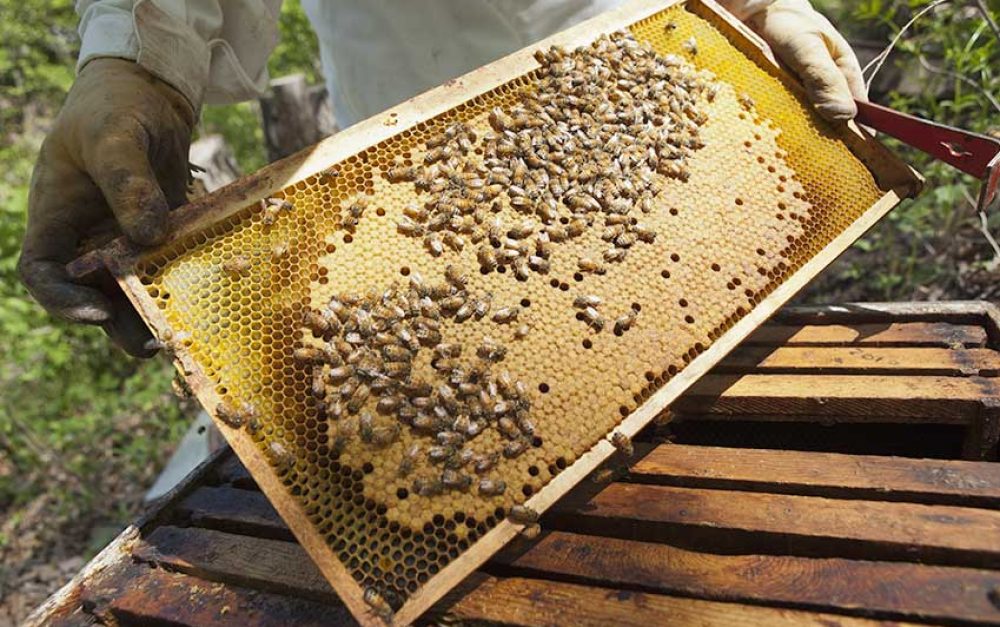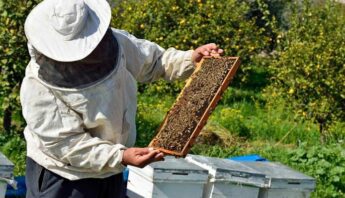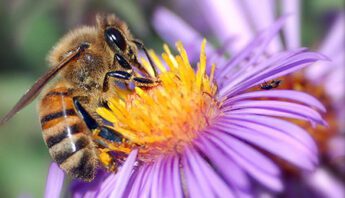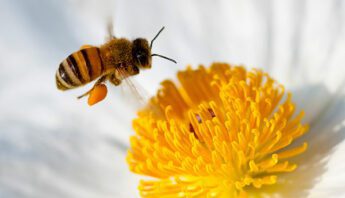Late last year, a respected scientist for the U.S. Department of Agriculture (USDA) filed a whistleblower compaint, claiming scientific suppression of his research on pesticides and pollinators. Today, PAN and our supporters helped deliver comments to USDA from more than 140,000 concerned individuals, calling on the agency to respect and support scientific integrity.
As a recent article from the The Washington Post Magazine highlights, Dr. Jonathan Lundgren’s allegations are not the first to surface at USDA. Other flagged incidents also involve research looking into the impacts of pesticides on bees.
We submitted a letter this week as well — signed by more than 50 farming, beekeeper and public interest groups — expressing strong concern over what appears to be “suppression, harassment, and censorship of agency scientists, particularly with regard to research showing harms to pollinators from certain pesticides.”
Our letter explicitly requests that USDA immediately fix its scientific integrity policy, which is clearly broken.
Stronger science, stronger policies
The body of evidence linking pesticides — particularly neonicotinoids — to declining bee populations has been growing ever stronger, including research from Dr. Lundgren that started the kerfuffle at USDA. We know neonics can kill bees outright. And we know that at low levels they can depress bee immune systems, inhibit their ability to navigate and much more.
But if regulatory bodies like USDA don’t pay attention to — or worse, try to suppress — this strong, peer-reviewed research, we can hardly count on them to put the needed policies in place.
Not surprisingly, corporations manufacturing these ubiquitous insecticides are investing heavily to shift the blame away from their products. It’s only the varroa mite that’s decimating bee populations, they say — let’s focus there! But as public pressure to address the bee crisis mounts, policymakers are feeling the heat on pesticides.
The Environmental Protection Agency (EPA), for example, is finally, finally beginning to admit and examine the impacts of neonics on pollinators.
Bedrock of sound decisions
When it comes to pollinator protections, PAN will continue to keep the issue of scientific integrity front and center. Working with our partners at Center for Food Safety, Friends of the Earth and many others, we’re pressing decisionmakers to follow the science and put meaningful protections in place, rather than just paying lip service to the pollinator problem.
We can’t know for certain why the “powers that be” at USDA sidelined Lundgren and others. But we do know that neonic-makers like Bayer and Syngenta have deep pockets and a strong lobbying presence in Washington, DC. As my colleague Lex Horan wrote last year,
Rigorous, independent science is the bedrock beneath sound regulatory decisions. Red flags about intimidation and harassment of USDA scientists should cause concern for all of us.”







